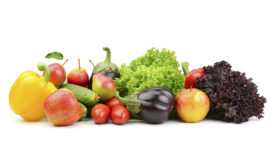Meijer’s new app-based pilot program aims to reduce in-store food waste
The app, produced by Flashfood, Canada, allows customers to purchase close-dated fresh food items, including meat, produce, seafood, deli and bakery products at up to 50% off.
Read More





